35 DTC Subscription Brands to Watch in 2026

Are you looking to start or grow a direct-to-consumer subscription business in 2026? The DTC subscription model is changing retail. It cuts out middlemen and builds direct relationships with customers.
What Makes DTC Subscription Models So Powerful
The direct-to-consumer (DTC) subscription model has key benefits that traditional retail lacks. DTC brands manage the customer relationship completely, from the first click to delivery. This connection helps brands collect first-party data, tailor experiences, and foster strong customer bonds.
Subscription models create steady revenue streams that turn one-time buyers into loyal subscribers. Recent data shows that 89% of businesses are hopeful about recurring revenue growth in 2026, even with economic hurdles. The US DTC ecommerce market was projected to hit $213 billion by the end of 2024, forecasting solid growth for 2025.
The Three Core DTC Subscription Models Explained
Before diving into specific brands, let's understand the three main subscription models that power most successful DTC businesses:
1. Replenishment Subscriptions
The replenishment model automatically delivers products customers need regularly. This model works best for consumable products that need frequent replacement.
Example brands: Dollar Shave Club (razors), The Honest Company (baby products), Native (deodorant)
Key metrics:
Average churn rate: ~7.5% monthly
Typical AOV: $15-40
Subscriber retention tactics: Discounts on subscriptions (10-15% off), flexible skip/pause options
2. Curation Subscriptions
The curation model delivers personalized selections of products based on customer preferences. This model creates excitement through discovery and personalization.
Example brands: Stitch Fix (clothing), Birchbox (beauty), Barkbox (pet supplies)
Key metrics:
Average churn rate: 10-15% monthly
Typical AOV: $30-100
Subscriber retention tactics: Personalization algorithms, preference quizzes, rewards programs
3. Access Subscriptions
The access model provides members special benefits, exclusive products, or discounted pricing in exchange for a membership fee.
Example brands: Amazon Prime, Thrive Market, FabFitFun
Key metrics:
Average churn rate: 5-8% monthly
Typical AOV: Varies widely ($50-200+)
Subscriber retention tactics: Member-only products, tiered pricing, early access to sales
DTC Subscription Market Trends for 2026
Several key trends will shape DTC subscription businesses in 2026:
Hyper-personalization: 81% of consumers prefer personalized experiences. AI-driven personalization is now crucial for success.
Sustainability focus: Eco-friendly products and packaging are essential. Consumers increasingly prioritize sustainable brands.
Flexible subscription terms: Options like skip, pause, and customize help reduce churn. Subscribers enjoy more control over their plans.
Community building: Leading brands invest in vibrant communities around their products. This strategy fosters loyalty and engagement.
Unified commerce: Top brands expand into retail partnerships and physical locations. They still maintain direct relationships with customers.
Personalization is Essential: Brands leveraging AI-driven personalization see higher retention and customer satisfaction; consider integrating data-driven tools early in your tech stack.
Top 35 DTC Subscription Brands in 2026 (With Metrics)
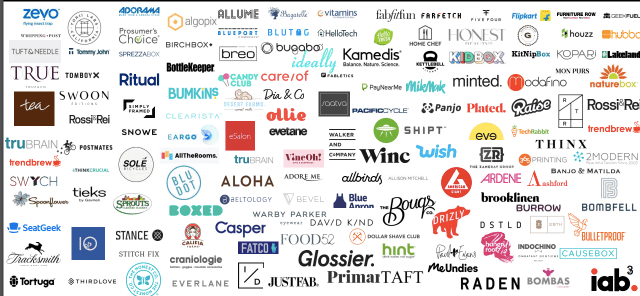
Here's our curated list of the leading DTC subscription brands across multiple categories. We've included key performance metrics where available to provide actionable insights beyond a typical listicle.
Beauty & Personal Care
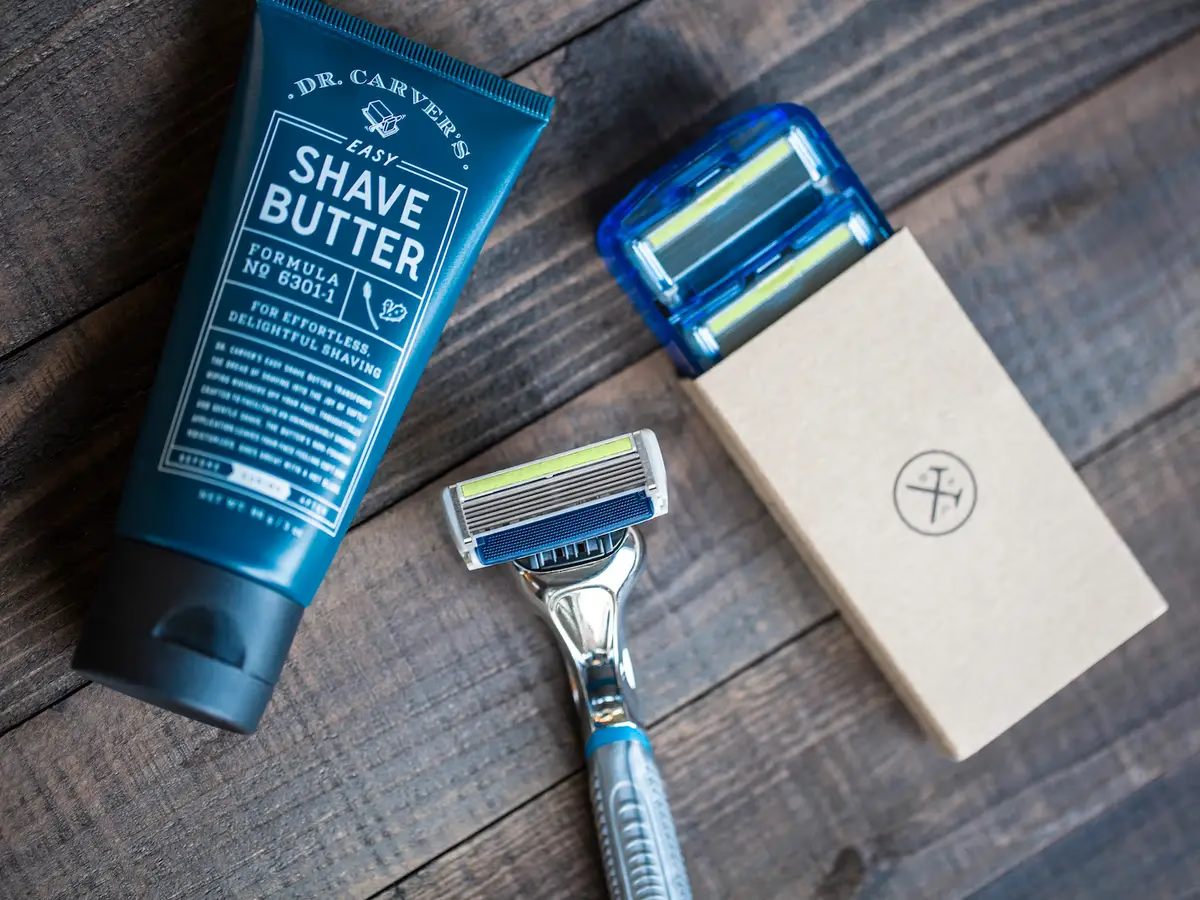
1. Dollar Shave Club
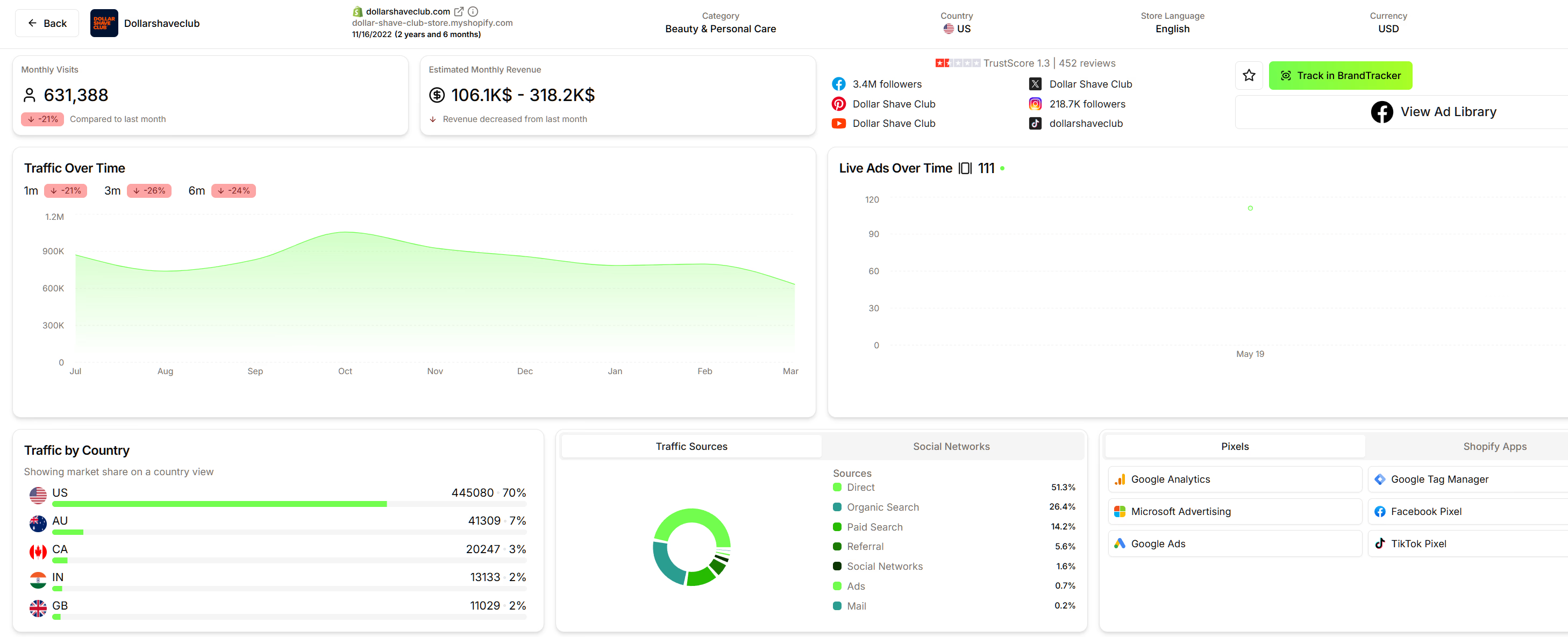
Subscription model: Replenishment
Monthly subscription price: $5-25
Monthly visits: 1.1M (est)
Monthly Revenue: $320k (est)
Churn rate: ~7.5% (industry estimate)
Tech stack: Shopify Plus, Klaviyo, Recharge
Standout strategy: Pioneered razor subscription model with viral marketing
2. Birchbox
Subscription model: Curation
Monthly subscription price: $15
AOV: $25
Churn rate: ~14%
Tech stack: Custom platform, Sailthru, Zuora
Standout strategy: Beauty sample discovery leading to full-size purchases
3. Glossier

Subscription model: Access (Glossier You)
Monthly subscription price: Varies by product
Monthly visits: 1.6M (est)
Monthly Revenue: $4M (est)
Tech stack: Shopify Plus, Klaviyo, Nosto
Standout strategy: Community-driven product development
4. Function of Beauty

Subscription model: Replenishment with personalization
Monthly subscription price: $29-49
Monthly visits: 215k (est)
Monthly Revenue: $300k (est)
AOV: $45
Tech stack: Shopify Plus, Recharge, Klaviyo
Standout strategy: Fully customized haircare formulas based on quiz results
5. Curology
Subscription model: Replenishment with telehealth
Monthly subscription price: $19.95-39.90
ARR: Est. $80+ million
Tech stack: Custom platform, Segment, Braze
Standout strategy: Combines prescription skincare with virtual dermatologist visits
Track Competitor Stores
Monitor your competitors' every move. Get insights on their traffic, best-sellers, apps, and marketing strategies to stay one step ahead.
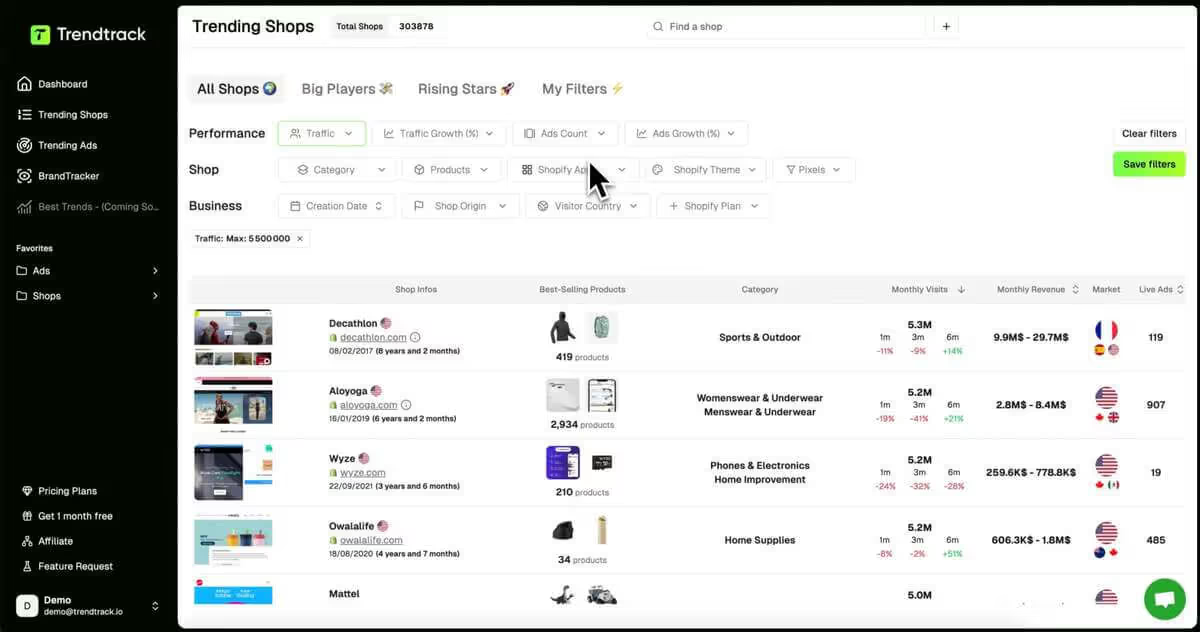
Fashion & Apparel
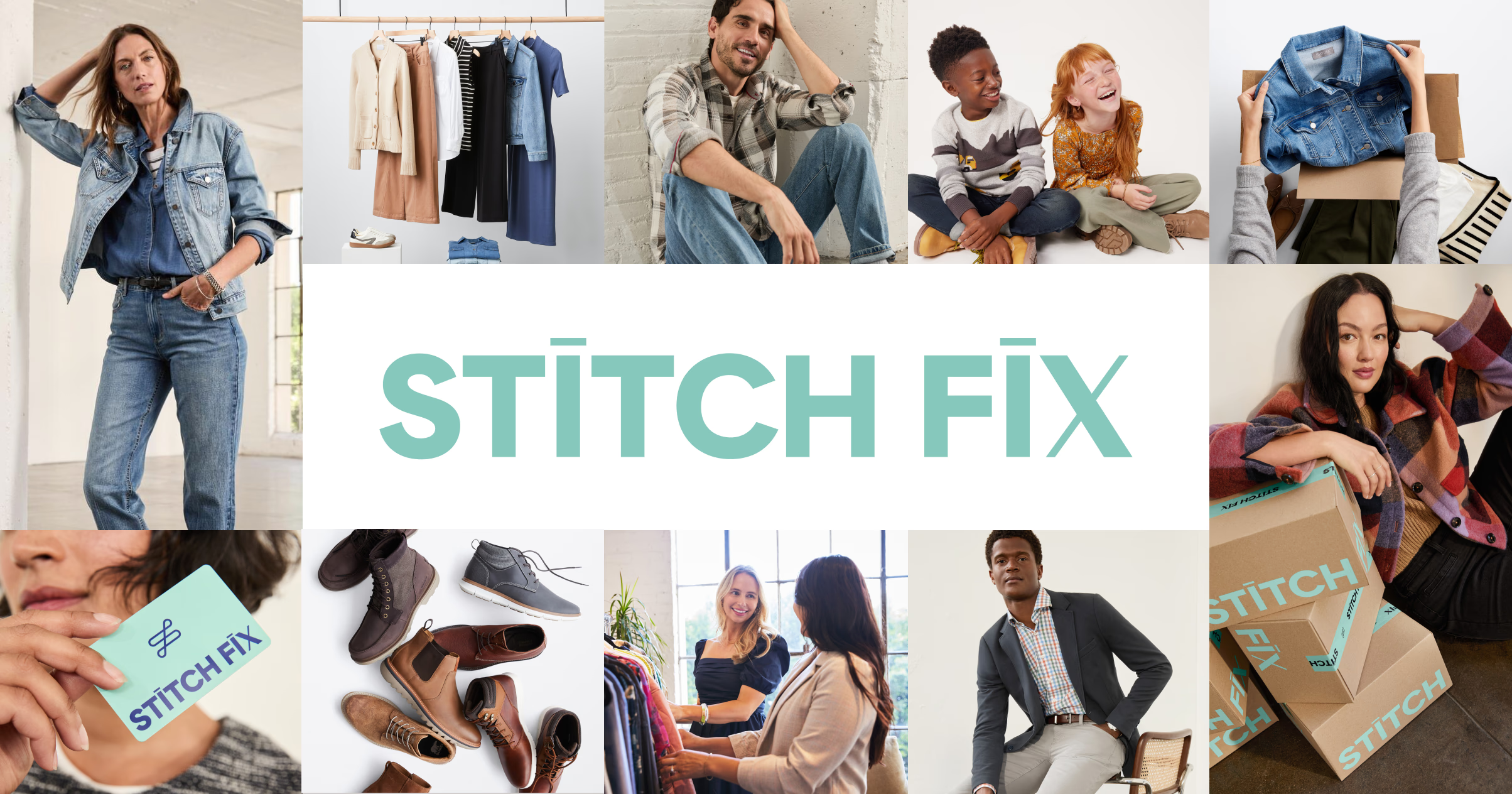
6. Stitch Fix
Subscription model: Curation
Monthly subscription price: $20 styling fee (credited toward purchases)
ARR: $2.1 billion (publicly traded)
Churn rate: ~9% quarterly
Tech stack: Proprietary AI styling platform, AWS
Standout strategy: Data-driven personal styling at scale
7. Rent the Runway
Subscription model: Access
Monthly subscription price: $94-235
ARR: $260+ million (publicly traded)
Tech stack: Custom platform, IBM Watson
Standout strategy: Designer clothing rental membership with flexible options
8. MeUndies
Subscription model: Replenishment with curation elements
Monthly subscription price: $16
Estimated subscriber base: 100,000+
Tech stack: Shopify Plus, Recharge, Klaviyo
Standout strategy: Member-exclusive prints and designs each month
9. Fabletics
Subscription model: Access
Monthly subscription price: $49.95 (credited toward purchases)
ARR: $500+ million
Churn rate: ~10%
Tech stack: Custom platform, Salesforce Commerce Cloud
Standout strategy: VIP membership model with skip-a-month flexibility
10. CUTS Clothing
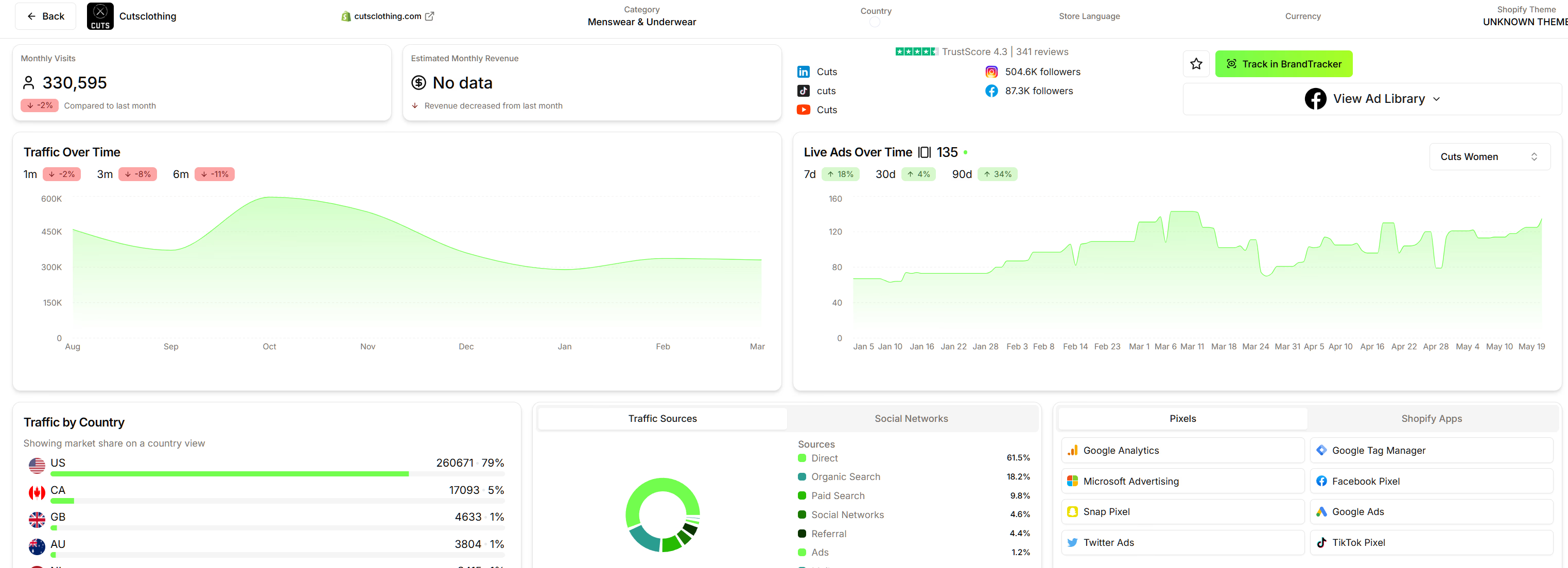
Subscription model: Replenishment
Quarterly subscription price: $150-200
Monthly visits: 330k (est)
Tech stack: Shopify Plus, Okendo, Recharge
Standout strategy: Premium men's basics on subscription with a build-your-box model
Want to analyze the tech stack behind these successful subscription brands? Learn how to see what Shopify apps a store is using to decode their subscription and marketing strategies.
Food & Beverages
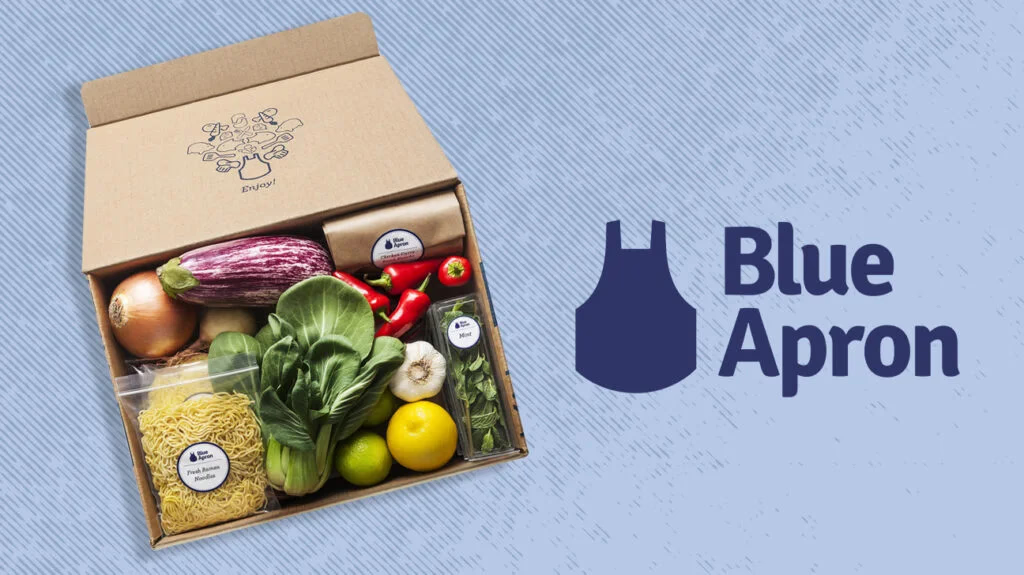
11. Blue Apron
Subscription model: Replenishment
Weekly subscription price: $47.95-95.91
ARR: $350+ million (publicly traded)
Churn rate: ~15% quarterly
Tech stack: Custom platform, AWS
Standout strategy: Pioneered meal kit delivery in the US market
12. Trade Coffee

Subscription model: Curation/Replenishment hybrid
Monthly subscription price: $15-25
Estimated subscriber base: 50,000+
Monthly visits: 441k (est)
Monthly Revenue: $350k (est)
Tech stack: Shopify Plus, Recharge, Gorgias
Standout strategy: Coffee matchmaking algorithm to discover new roasters
13. Daily Harvest
Subscription model: Replenishment with curation
Weekly subscription price: $43-95
ARR: Est. $250+ million
Tech stack: Custom platform, Klaviyo
Standout strategy: Ready-to-blend smoothies and wellness-focused meals
14. Thrive Market
Subscription model: Access
Annual subscription price: $59.95
ARR: Est. $300+ million
Tech stack: Custom platform, AWS, Klaviyo
Standout strategy: Wholesale pricing on natural and organic products
15. ButcherBox

Subscription model: Replenishment
Monthly subscription price: $129-149
Monthly visits: 3.1M (est)
ARR: Est. $250+ million
Tech stack: Shopify Plus, Recharge, ReCharge
Standout strategy: High-quality meat delivery with an ethical sourcing focus
Home & Lifestyle
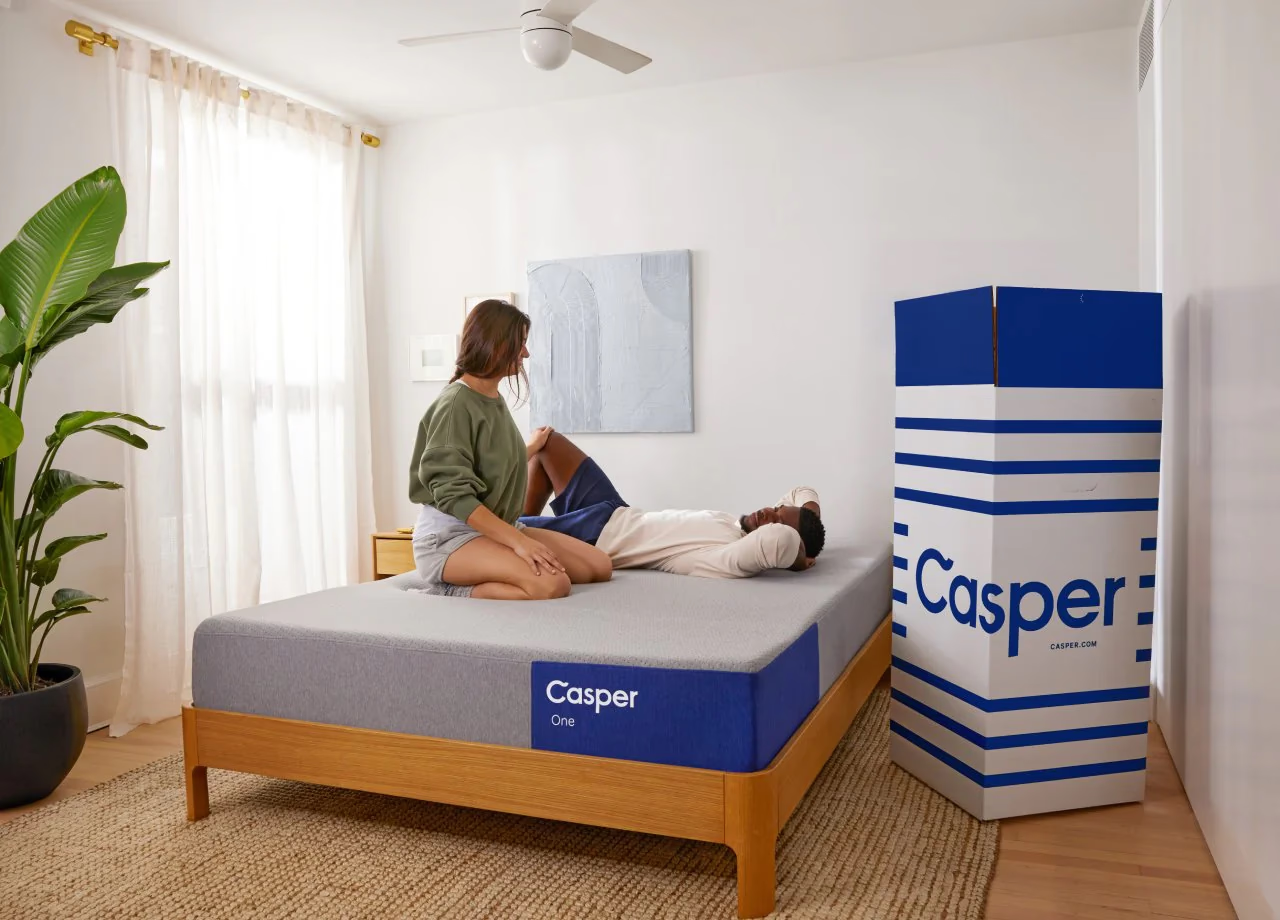
16. Casper
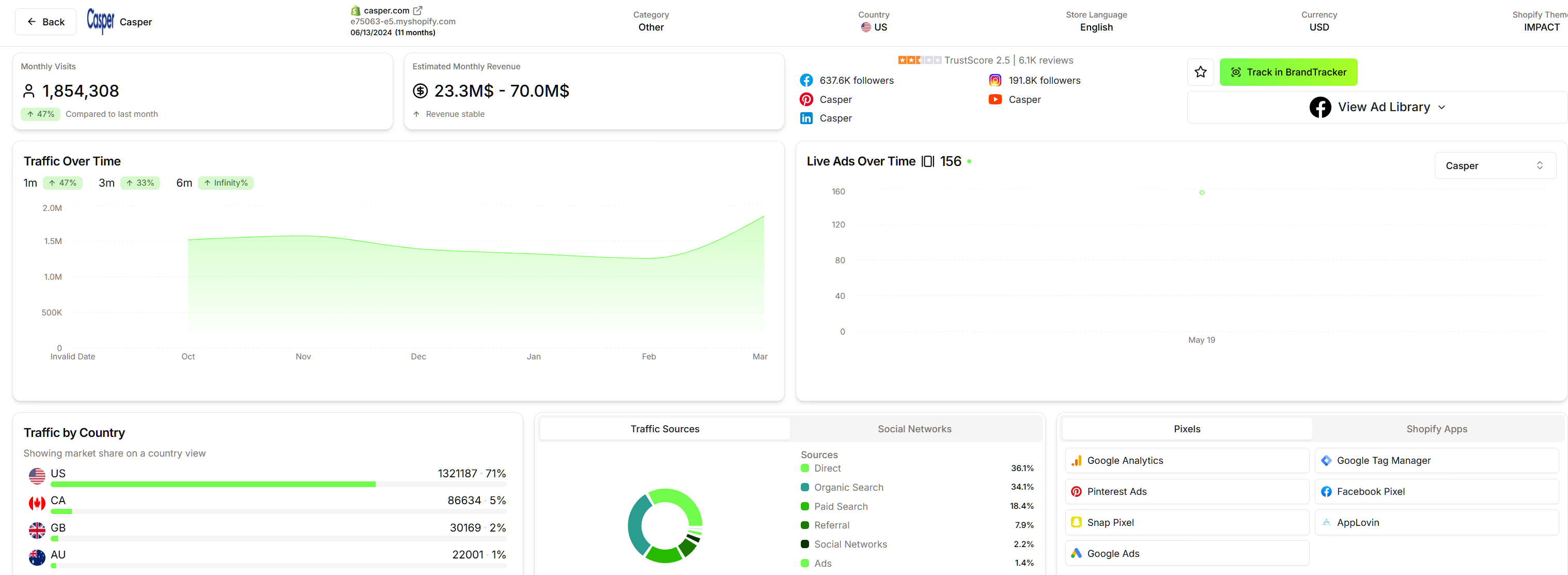
Subscription model: Hybrid (products + subscription elements)
Monthly subscription price: Varies by product
Monthly visits: 1.9M (est)
Monthly Revenue: $23-70M (est)
Tech stack: Salesforce Commerce Cloud, Heap
Standout strategy: Revolutionized the DTC mattress market
17. Quip

Subscription model: Replenishment
Quarterly subscription price: $5-15
Estimated subscriber base: 5 million+
Monthly visits: 330k (est)
Monthly Revenue: $1M (est)
Tech stack: Shopify Plus, Recharge, Klaviyo
Standout strategy: Design-focused oral care with an affordable refill model
18. Grove Collaborative

Subscription model: Replenishment with curation
Monthly subscription price: $19.99 VIP fee (optional)
Monthly visits: 1.8M (est)
Monthly Revenue: $300k (est)
Tech stack: Custom platform, Klaviyo
Standout strategy: Sustainable household products with a plastic-free mission
19. Brooklinen

Subscription model: Replenishment (for some products)
Subscription prices vary by product
Monthly visits: 1.2M (est)
Monthly Revenue: $1.2-3.5M (est)
Tech stack: Shopify Plus, Recharge, Klaviyo
Standout strategy: Premium bedding direct-to-consumer with hotel-quality positioning
20. Lomi

Subscription model: Replenishment (pods)
Monthly subscription price: $12-15
Monthly visits: 355k (est)
Monthly Revenue: $340k - 1M (est)
Tech stack: Shopify Plus, Recharge, Gorgias
Standout strategy: Kitchen composter with biodegradable pod subscriptions
21. Persona Nutrition
Subscription model: Replenishment
Monthly subscription price: $25-60 (personalized)
ARR: Est. $50+ million (acquired by Nestlé Health Science)
Tech stack: Custom platform, white-label services
Standout strategy: Personalized vitamin packs with daily morning/afternoon/evening packets
22. Hims & Hers
Subscription model: Replenishment with telehealth
Monthly subscription price: $20-50
ARR: $526.9 million (publicly traded)
Tech stack: Custom platform, AWS
Standout strategy: Telemedicine combined with subscription medications
23. Athletic Greens
Subscription model: Replenishment
Monthly subscription price: $79-99
ARR: Est. $150+ million
Tech stack: Shopify Plus, Recharge, Segment
Standout strategy: Premium positioning for daily nutritional supplement
24. Ritual
Subscription model: Replenishment
Monthly subscription price: $33-39
ARR: Est. $100+ million
Tech stack: Shopify Plus, Recharge, Klaviyo
Standout strategy: Transparent ingredient sourcing and essential-only formulations
25. Eight Sleep
Subscription model: Hybrid (products + subscription)
Monthly subscription price: $19-29 (for sleep tracking)
ARR: Est. $150+ million
Tech stack: Shopify Plus, Recharge, Segment
Standout strategy: Smart mattress with subscription sleep coaching app
Emerging DTC Subscription Categories
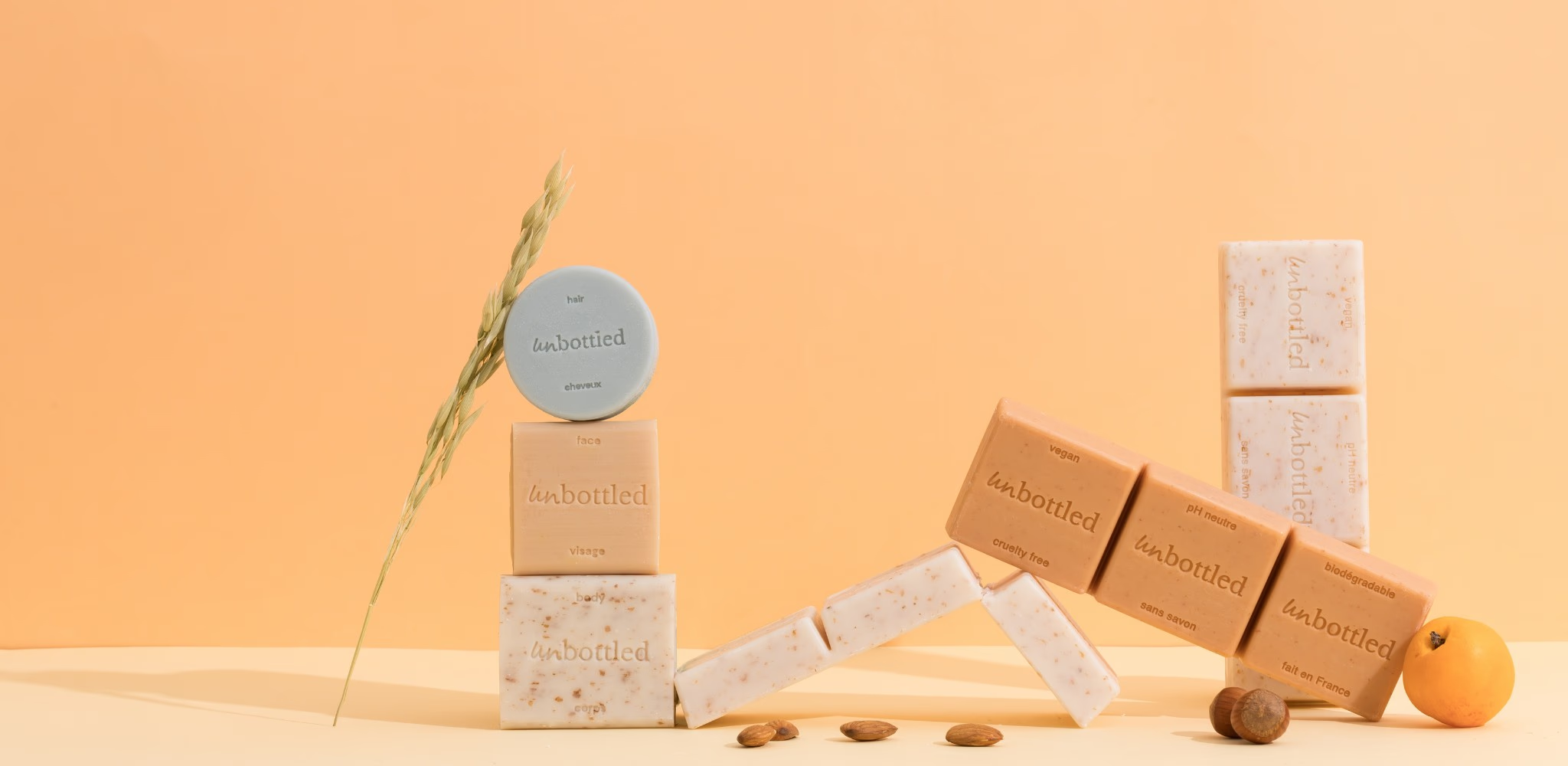
26. Unbottled (Sustainable Personal Care)
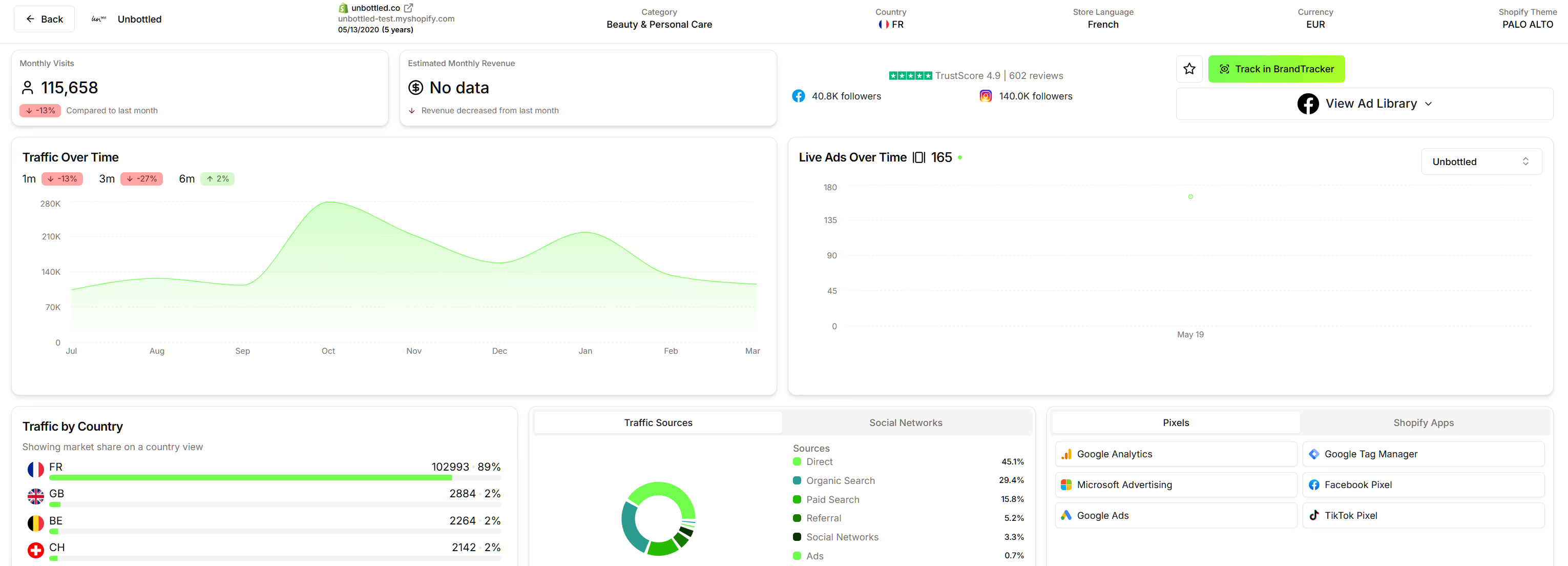
Subscription model: Replenishment
Monthly subscription price: $15-30
Monthly visits: 115k (est)
Tech stack: Shopify Plus, Recharge, Klaviyo
Standout strategy: Waterless personal care products with refill subscription
27. Olipop (Functional Beverages)

Subscription model: Replenishment
Monthly subscription price: $36-45
Monthly visits: 288k (est)
Monthly Revenue: $174k - 522k (est)
Tech stack: Shopify Plus, Recharge, Klaviyo
Standout strategy: Prebiotic soda subscription with gut health positioning
28. Whoop (Health Wearables)
Subscription model: Access (hardware included)
Monthly subscription price: $30 (annual commitment)
ARR: Est. $200+ million
Tech stack: Custom platform, AWS
Standout strategy: Free wearable device with paid membership subscription
29. Bite (Zero-Waste Oral Care)

Subscription model: Replenishment
Monthly subscription price: $7-30
Monthly visits: 99k (est)
Monthly Revenue: $53k - 160k (est)
Tech stack: Shopify Plus, Recharge, Klaviyo
Standout strategy: Plastic-free toothpaste bits with a sustainable refill model
30. Taika (Functional Coffee)
Subscription model: Replenishment
Monthly subscription price: $39-59
Tech stack: Shopify Plus, Recharge, Klaviyo
Standout strategy: Adaptogen-infused coffee on subscription
B2B DTC Subscription Brands
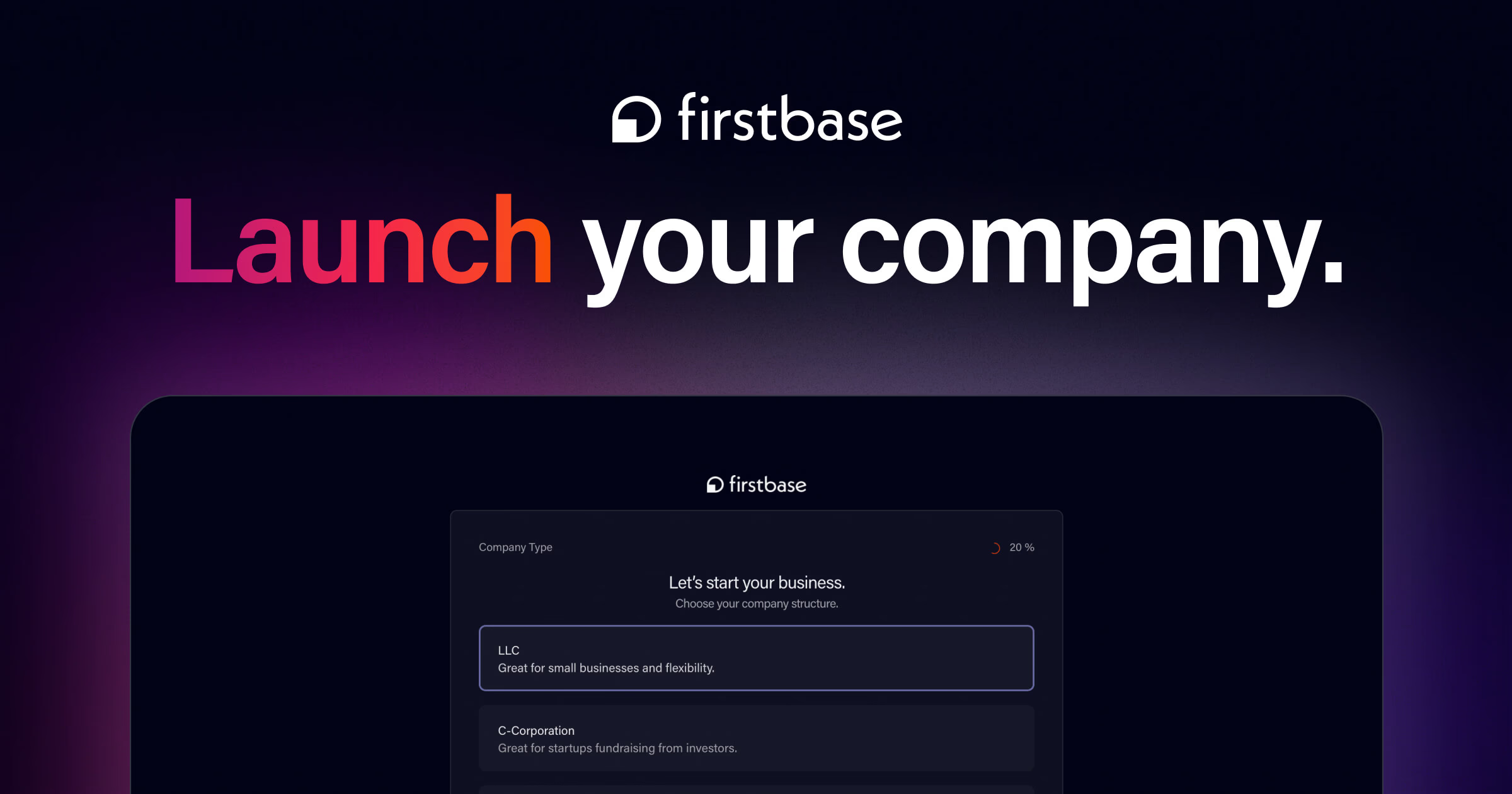
Below is the same list of five Shopify-based B2B subscription brands, with all in-text links and citations removed for a clean, easy-to-read format:
31. Papier (Business Stationery & Planners)
Subscription model: Membership (exclusive access to early launches, secret offers, and business-bulk perks)
Monthly subscription price: Free to join; members receive 10% off first order and ongoing members-only pricing
Tech stack: Shopify Online Store 2.0
Standout strategy: Uses a members-only “business & bulk orders” program to unlock private product launches, volume discounts, and streamlined reordering for corporate clients.
32. Trade Coffee for Teams (Office Coffee)
Subscription model: Replenishment (recurring coffee deliveries tailored to team size and preferences)
Monthly subscription price: Custom (based on volume and delivery frequency)
Tech stack: Shopify Plus storefront with Recharge for subscriptions and Gorgias for customer support
Standout strategy: Combines a smart onboarding quiz and team-sized packaging with enterprise-grade billing and support, all powered by the flexibility of Shopify and Recharge.
33. Flow Water (Office Hydration)
Subscription model: Replenishment (customizable spring water deliveries)
Monthly subscription price: Custom (scaled by office size and delivery cadence)
Tech stack: Shopify Plus with Recharge subscriptions and Shopify Flow automations for tagging and fulfillment
Standout strategy: Automates customer tagging and order routing to provide fully flexible delivery schedules, reusable bottles, and zero-waste logistics.
34. Origin Coffee (WFH Coffee Subscriptions)
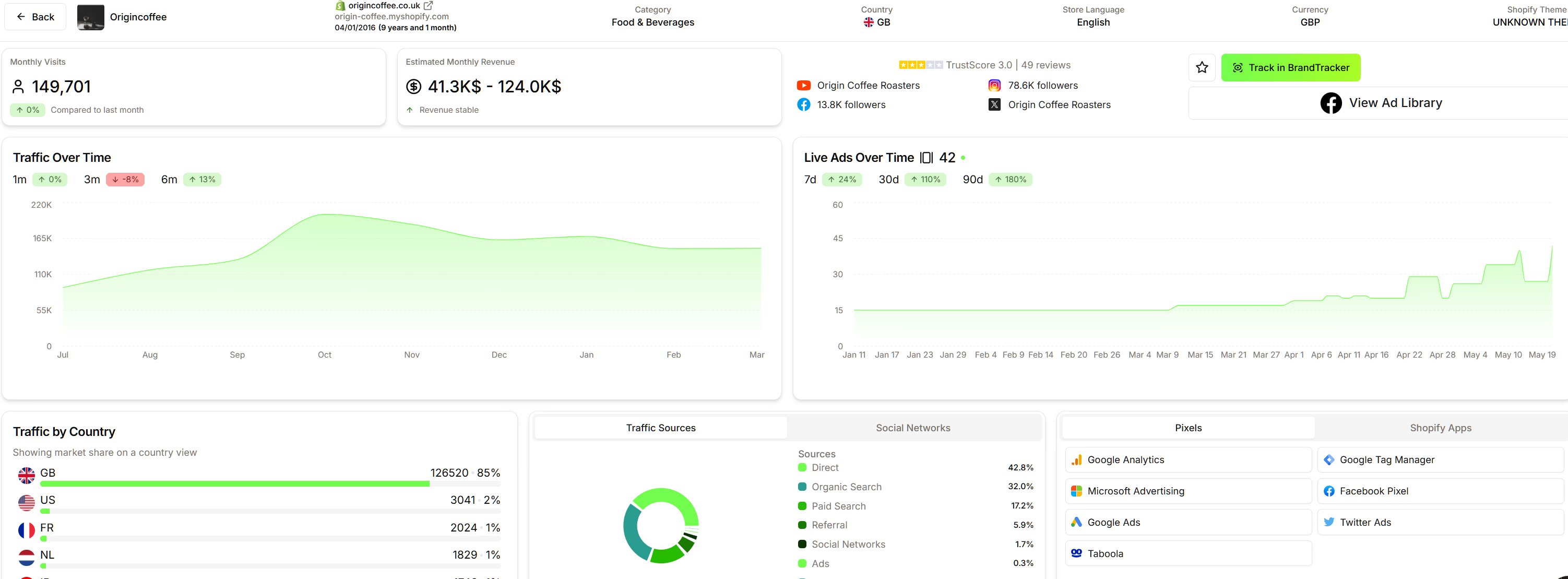
Subscription model: Replenishment (recurring coffee bean deliveries for home or office)
Monthly subscription price: Custom (based on blend selection and delivery frequency)
Monthly visits: 150k (est)
Monthly Revenue: $41k - 124k (est)
Tech stack: Shopify 2.0 with Recharge integration, plus Okendo for reviews, LoyaltyLion for rewards, and Gorgias for support
Standout strategy: Features a branded customer portal with flexible frequency controls and built-in loyalty, resulting in high subscriber engagement.
35. SnackNation – Corporate Snacks
Subscription model: Replenishment (monthly healthy snack boxes for offices and remote teams)
Monthly subscription price: Starts at $219 for in-office plans; $22 for remote-employee plans
Tech stack: Shopify storefront with custom backend integrations (including SnapLogic for order orchestration)
Standout strategy: Automates bulk snack replenishment across thousands of office locations, integrates with HR portals, and donates meals per box to foster workplace wellness.
Each of these five brands leverages Shopify’s extensible platform—often alongside Recharge, Shopify Flow, and best-of-breed support tools—to deliver predictable, scalable subscription experiences for B2B clients.
Unlock Shopify Store Insights
Discover the exact themes, apps, and product strategies that successful stores are using to generate sales and grow their business.

What Winning DTC Subscription Brands Do Differently
The most successful DTC subscription brands share several common strategies and approaches:
1. Tech Stack Excellence
Leading subscription brands build robust tech stacks that typically include:
Ecommerce platform: Shopify Plus or custom platform
Subscription management: ReCharge, Bold Subscriptions, or a custom solution
Email marketing: Klaviyo, Braze, or Sailthru
Customer service: Gorgias, Zendesk, or Kustomer
Customer data platform: Segment or Bloomreach
Analytics: Looker, Tableau, or Glew.io
The right tech stack enables personalization, reduces friction, and provides actionable customer insights.
2. Data-Driven Personalization
Top brands use customer data to deliver increasingly personalized experiences:
Stitch Fix combines human stylists with AI to refine recommendations
Care/of uses health assessments to create custom vitamin packs
Function of Beauty formulates products based on detailed hair profiles
This level of personalization creates products that feel custom-made, increasing perceived value and loyalty.
3. Subscriber Lifecycle Management
Successful subscription brands map and optimize the entire subscriber journey:
Acquisition: Clear value proposition and frictionless signup
Onboarding: Educational welcome sequences and expectation setting
Engagement: Regular communication and product education
Retention: Proactive churn prevention and loyalty programs
Winback: Targeted reactivation campaigns for churned subscribers
4. Community Building
Leading subscription brands create communities around their products:
Glossier built a massive following through user-generated content
Peloton created a community experience around home fitness
MeUndies uses social media and exclusive prints to foster belonging
These communities increase switching costs and strengthen brand loyalty.
5. Flexible Subscription Terms
Modern subscribers demand flexibility:
Skip/pause options (reduces churn by 20-30%)
Easy subscription management
Multiple frequency options
No-penalty cancellation
Add-on capabilities
Brands that offer these options see higher lifetime value despite potential short-term revenue impacts.
Tech Stack Matters: A robust tech stack, including ecommerce, subscription management, and analytics tools, is a key differentiator for top-performing DTC subscription brands.
Building Your Own DTC Subscription Business
If you're inspired to create or optimize your subscription offering, follow these steps:
1. Find Your Subscription-Ready Niche
The best subscription products have these characteristics:
Consumable or needing regular replacement
Solving a recurring problem
Enhancing with regular use
Offering discovery value
2. Choose Your Subscription Model
Select from replenishment, curation, or access models based on your product and customer needs.
3. Build Your Tech Foundation
At minimum, you'll need:
Ecommerce platform (Shopify recommended for most)
Subscription management tool
Email marketing platform
Analytics suite
4. Focus on Retention Metrics
Track these key performance indicators:
Churn rate (aim for <10% monthly)
Customer Lifetime Value (LTV)
Average Order Value (AOV)
Customer Acquisition Cost (CAC)
LTV: CAC ratio (aim for 3:1 or better)
5. Create a Retention Strategy
Implement these proven retention tactics:
Seamless onboarding experience
Regular value reminders
Surprise and delight moments
Proactive churn prevention
Win-back campaigns for churned subscribers
Retention Over Acquisition: Focusing on subscriber retention strategies can yield a higher lifetime value and more sustainable growth than prioritizing new customer acquisition alone.
Future Challenges and Opportunities
As the DTC subscription landscape evolves, several challenges and opportunities emerge:
Challenges
Rising customer acquisition costs: Social media advertising continues to become more expensive, requiring brands to find alternative acquisition channels.
Subscription fatigue: As consumers accumulate subscriptions, they become more selective about which to maintain.
Unit economics pressure: Supply chain challenges and inflation impact margins for subscription businesses.
Opportunities
AI-powered personalization: Advances in AI enable even more tailored subscription experiences.
Sustainable subscriptions: Eco-friendly products and packaging resonate strongly with today's consumers.
Community-driven growth: Brands that build communities can reduce dependence on paid acquisition.
Hybrid retail models: Combining DTC subscriptions with strategic retail partnerships offers growth potential.
Frequently Asked Questions
What is the difference between DTC and traditional retail?
Direct-to-consumer (DTC) brands sell directly to customers, skipping middlemen. Traditional retail uses third-party retailers to sell products. DTC brands control the customer relationship and data. In contrast, traditional retail brands usually lack direct access to customer information.
What subscription model has the lowest churn rate?
Access subscription models typically have the lowest churn rates, around 5-8%. They provide ongoing value through member benefits. Replenishment models follow with rates of 7-10%. Curation models have the highest churn, averaging 10-15%.
How do I calculate Customer Lifetime Value for a subscription business?
Use this formula to calculate LTV: LTV = (Average Monthly Subscription Revenue per Customer) × (Gross Margin) ÷ (Monthly Churn Rate).
For example, if your average monthly revenue is $25, gross margin is 60%, and monthly churn is 8%: LTV = $25 × 0.6 ÷ 0.08 = $187.50
What tech stack do most successful DTC subscription brands use?
Most successful DTC subscription brands use:
Shopify Plus or a custom platform for ecommerce
ReCharge or Bold for subscription management
Klaviyo or Braze for email marketing
Gorgias or Zendesk for customer service
Segment for customer data
How can I reduce churn in my subscription business?
Reduce churn by:
Offering flexible subscription terms (skip, pause, swap)
Creating a strong onboarding experience
Regularly communicating product value
Proactively addressing potential cancellation reasons
Building a community around your products
Conclusion: The Future of DTC Subscriptions
Subscription brands are changing how shopping works. They connect directly with customers for ongoing relationships. Top brands offer personalized products, flexible plans, great tech, and fun communities, creating an awesome customer experience.
Getting new customers and keeping them from getting tired of subscriptions is hard. Brands can do great by focusing on keeping customers happy, being eco-friendly, and mixing online and in-store shopping.
The DTC subscription model is not merely a trend; it represents a significant shift. It alters how customers discover, buy, and engage with their favorite products. By delivering ongoing value through subscriptions, brands can establish enduring businesses in this rapidly changing market.
Discover What Sells Online
Uncover winning products and strategies before your competitors do. Trendtrack gives you access to 10,000+ trending Shopify stores and high-performing ads in one intuitive platform.
Join 10,000+ E-commerce Leaders
Thousands of successful e-commerce founders already use Trendtrack to spy, track, and scale their businesses.

Install Our Free Chrome Extension
Analyze any Shopify store you visit with our powerful browser extension. Get instant insights on traffic sources, visitor volume, themes, and apps.

Your All-in-One E-commerce Intelligence Tool

Check out our Youtube Channel
Magna est culpa labore nisi officia veniam aliqua. Pariatur occaecat sint ut deserunt culpa aute magna consectetur.
.avif)




Are you ready to get the insights?
From viral trends to million-dollar stores — unlock the insights behind what sells, scales, and converts. All in one place.




